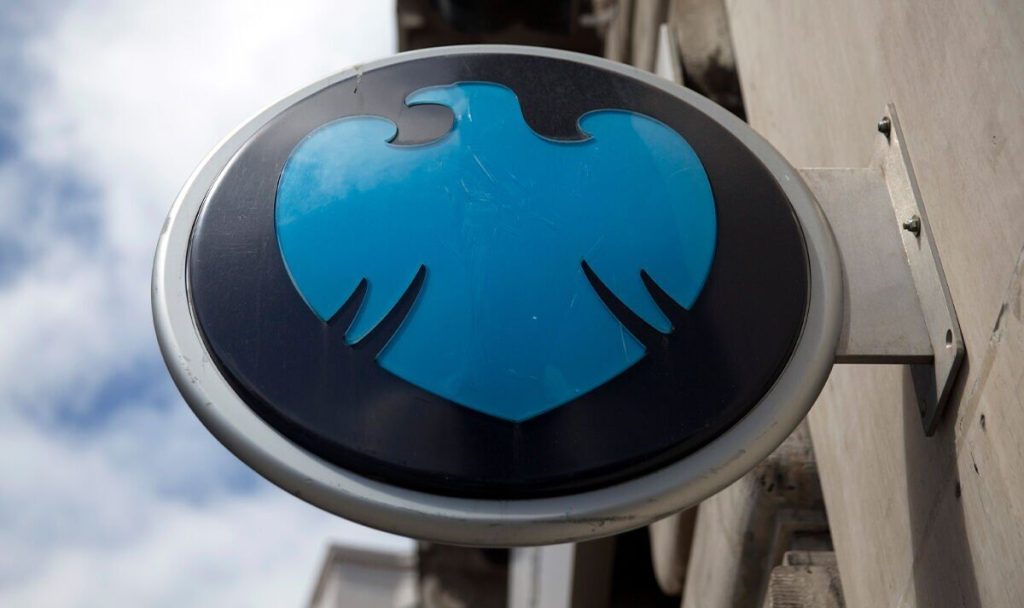
They will say they have lost their phone, hence they are contacting the parent from an unknown number.
The scammer will then go on to ask the parent to send over money to pay an urgent bill or for another financial need.
Victims of the scam sometimes hand over hundreds or even thousands of pounds as they want to help their loved one in need – but in reality the money is going to criminals.
A representative of Barclays responded to the tweet: “Thanks for your message, these types of scams are so scary aren’t they as they play on the heart strings of parents, I’m glad that you didn’t fall for it.
“If you need any support or help you’re more than welcome to pop into DM and I’ll do my best to assist.”
A pensioner recently shared her story on BBC Money Box of how she fell victim to the Whatsapp scam and handed over £3,000, after fraudsters contacted her pretending to be her son.
She said: “I was gutted. I was so upset that someone could do this to me. I try so hard to save money and watch my pennies, but I felt so gutted that someone could do this to me.”
John Stirzaker, consumer expert at NetVoucherCodes.co.uk, previously told Express.co.uk scammers are becoming more sophisticated in how they carry out the scam.
He said: “Now this text isn’t just a straight-forward, ‘Hand me the money my phone is broken’.
“It’s now developed where they’ll message for days, putting kisses in messages and using social media to use personal information in conversations.
“We urge everyone who has been approached by a scammer to report the incident to Action Fraud and to ring up the bank straight away if any financial transactions were involved, so they’re aware of the situation.”
Mr Stirzaker spoke about the signs people should look out for that may indicate a message is not genuine.
He said: “If you receive a message asking you to hand over your bank details or address then it’s likely it’s not genuine.
“It’s important to try and recognise what a legitimate message from your bank or energy provider looks like.
“If you receive anything that looks even a little suspicious or too good to be true, hop on the phone and check with the company.
“They’ll be able to put your mind at ease and if the message you received is a scam then be sure to report it.”
For the latest personal finance news, follow us on Twitter at @ExpressMoney_.

 Latest Breaking News Online News Portal
Latest Breaking News Online News Portal




